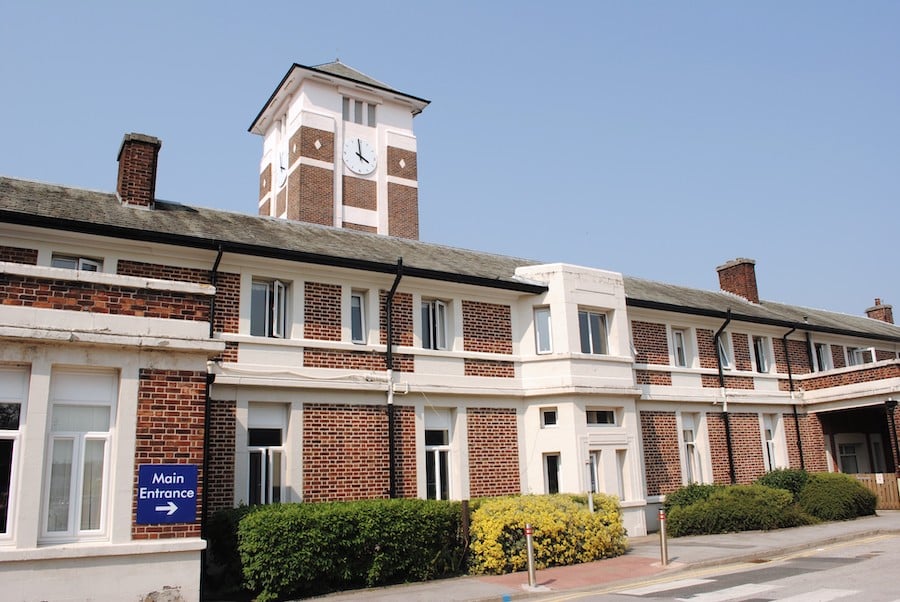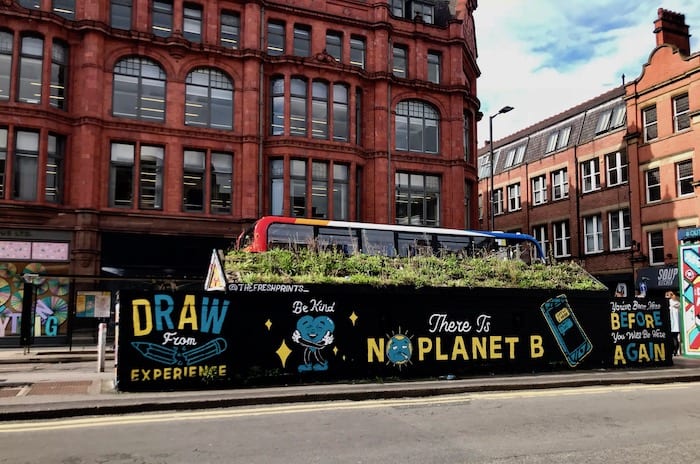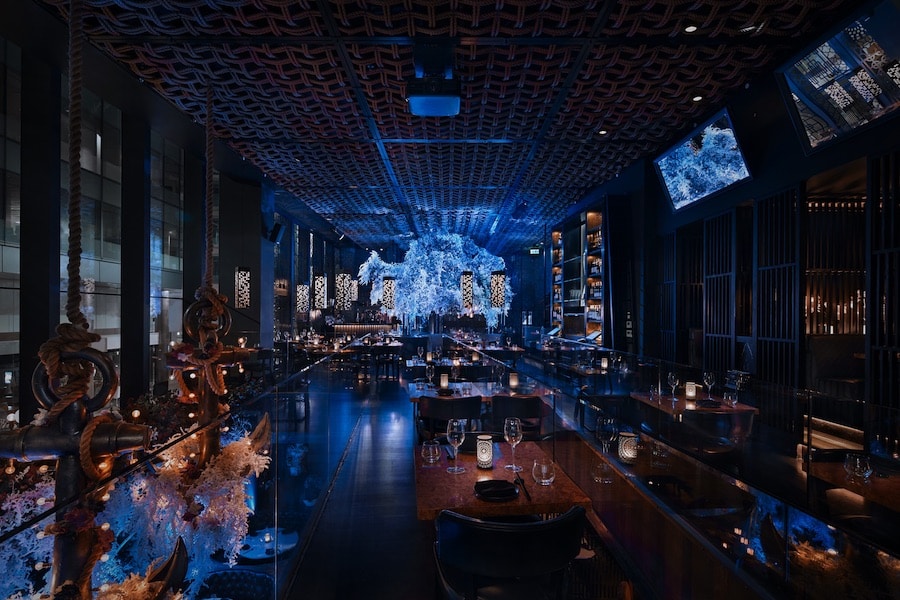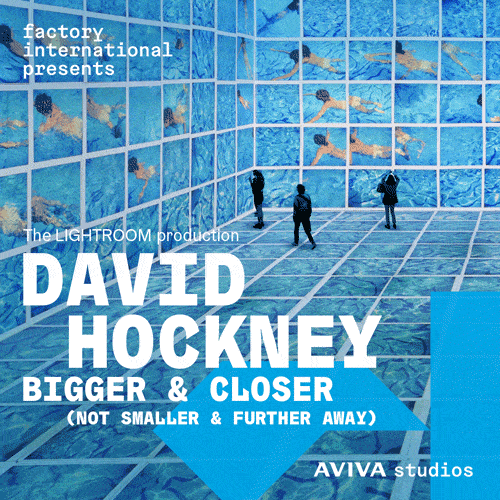Which statues will survive the council chop?
- Written by Stephen Lewis
- Last updated 5 years ago
- Art & Design, History
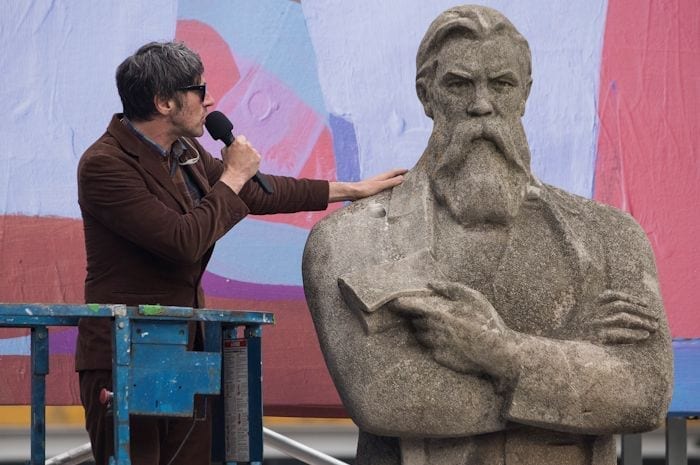
Manchester city council has announced that it is to carry out a full review of the city’s statues in response to the Black Lives Matter protests across the UK.
Top of the council’s list will be the statue of former Liberal prime minister William Gladstone (Albert Square) because of his family’s slave-owning past. Oliver Heywood (Albert Square), a banker and philanthropist whose family made its fortune in the slave trade, could also be a candidate for the chop.
Gladstone is on a hitlist of statues Black Lives Matter wants to see toppled “for celebrating slavery and racism.” Also on the hitlist is Robert Peel (Piccadilly Gardens and Bury) because his father campaigned against the abolition of the slave trade.
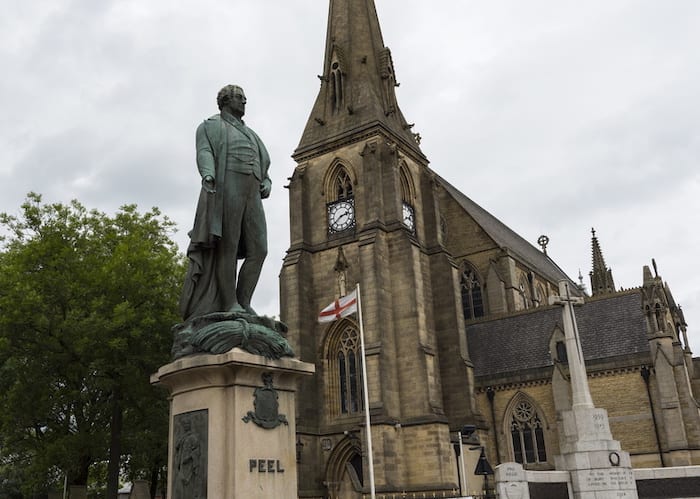
This begs the question, do we stop when we’ve removed statues of people directly involved in the slave trade or who made their fortune from it, or do we move on to statues of people who were indirectly involved?
And what about people who have expressed racist or unacceptable views?
Once the council does this, it’s opening a can of worms.
Dividing historic figures into heroes and villains is too simplistic. People who are heroes to some are villains to others, like Churchill for example.
And those who are widely considered heroes are also guilty of having expressed views which would be considered unacceptable today.
Let’s look at three people who have statues in Manchester who are usually considered to be on the side of the good guys.
Friedrich Engels (First Street) is a hero to many, especially on the political left. But to others he’s a villain, especially to many Poles and other East Europeans who have lived under communism, many of whom now live in Manchester.
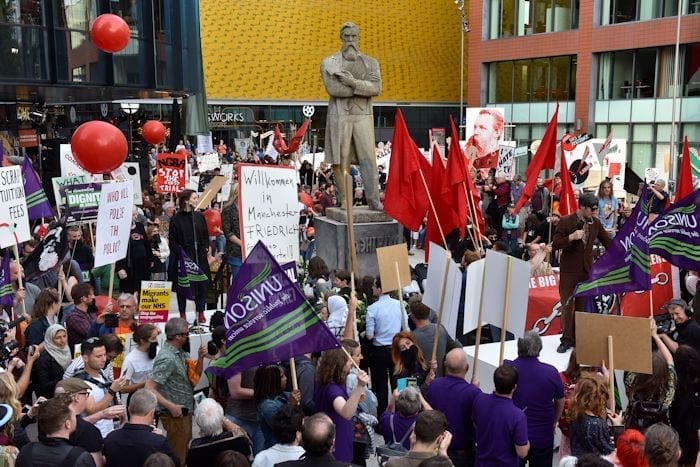
Besides being the co-author of works which led to the death and imprisonment of millions of people, Engels regularly expressed racist views in his letters and works.
Abraham Lincoln (Lincoln Square) is a hero of the anti-slavery movement to many, but he didn’t believe black people should have the same rights as white people. And according to black historian Lerone Bennett, he was a racist and a supporter of slavery.
For the people who petitioned against the erection of a statue of Gandhi (Manchester Cathedral) in Manchester, he isn’t the squeaky clean pacifist in a loincloth portrayed by Ben Kingsley. He is a racist.
No doubt if you dig deep enough you can dish some dirt on Alan Turing, Mrs Pankhurst and Robert Owen too.
Let’s hope the council doesn’t get too carried away because we could end up with hardly any statues left in Manchester and that would be a shame.
What’s going to happen to those statues which don’t get the official seal of approval? Are they going to be chucked into the Ship Canal or put in a museum or allowed to stay put but with a plaque which explains why they are not to be celebrated?
And who is going to decide which statues are approved? This is one of those issues where there is likely to be a big difference between what the council thinks and what the people of Manchester think.
Toppling statues smacks of totalitarianism. First they came for the statues …
- This article was last updated 5 years ago.
- It was first published on 10 June 2020 and is subject to be updated from time to time. Please refresh or return to see the latest version.
Did we miss something? Let us know: [email protected]
Want to be the first to receive all the latest news stories, what’s on and events from the heart of Manchester? Sign up here.
Manchester is a successful city, but many people suffer. I Love Manchester helps raise awareness and funds to help improve the lives and prospects of people across Greater Manchester – and we can’t do it without your help. So please support us with what you can so we can continue to spread the love. Thank you in advance!
An email you’ll love. Subscribe to our newsletter to get the latest news stories delivered direct to your inbox.
Got a story worth sharing?
What’s the story? We are all ears when it comes to positive news and inspiring stories. You can send story ideas to [email protected]
While we can’t guarantee to publish everything, we will always consider any enquiry or idea that promotes:
- Independent new openings
- Human interest
- Not-for-profit organisations
- Community Interest Companies (CiCs) and projects
- Charities and charitable initiatives
- Affordability and offers saving people over 20%
For anything else, don’t hesitate to get in touch with us about advertorials (from £350+VAT) and advertising opportunities: [email protected]

The very special toy shop where parents don’t pay a penny is open – and busier than ever
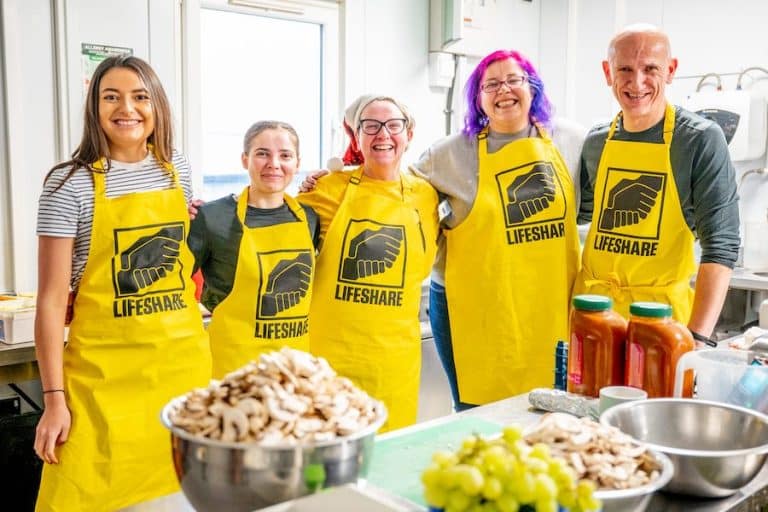
Manchester’s oldest homelessness charity celebrates 40 years of supporting the needy

Games, science and history collide at Manchester’s Science and Industry Museum this winter

Best bars and pubs to watch the football and live sport in Manchester

How Baguley Hall Primary School is nourishing minds with a morning Magic Breakfast







